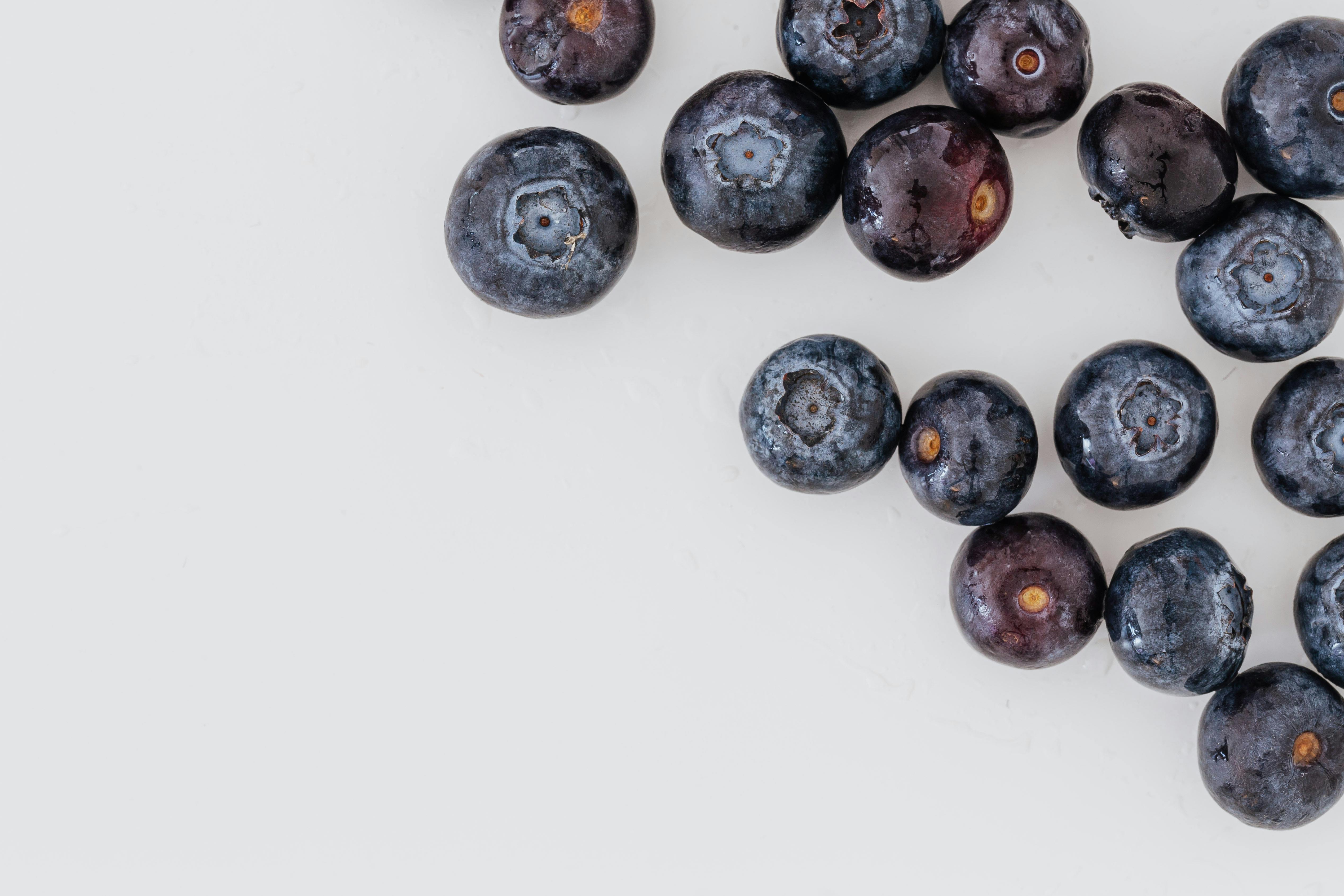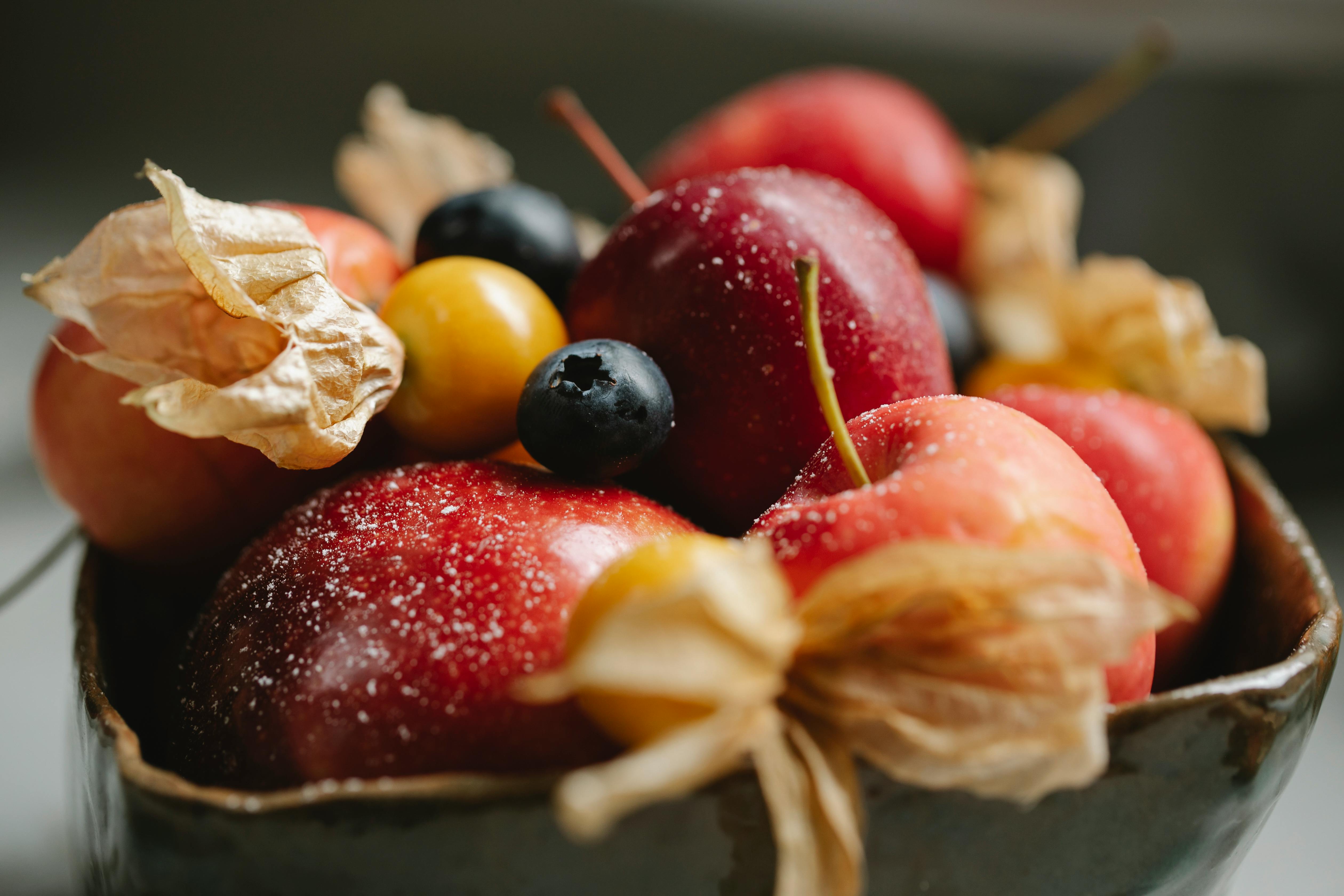Blueberry season is a time of year when blueberries are ripe and ready to be harvested. It typically begins around mid-June and can last until early September, depending on the variety of blueberries and the region in which they are grown. Blueberry season is an exciting time for berry lovers as the sweet, juicy fruit can be enjoyed fresh or used in recipes. During this time, blueberries can be found at farmers markets, grocery stores, and even picked straight from the bush!Blueberry season refers to the time of year when blueberries are in peak ripeness and available for harvesting and eating. Blueberry season typically occurs in the summer months, from late June to early August, depending on the region.
When Does Blueberry Season Start?
Blueberry season typically starts in mid-late June and runs through August. Depending on the region, however, blueberry season can start as early as late May and run as late as September. When the season starts is largely dependent on local weather conditions. In warmer climates, the season tends to start earlier and last longer than in colder regions.
The best way to know when blueberry season starts in your area is to keep an eye out for local farms that grow them. Most of these farms will have updated information on when their crop will be ready to harvest. Alternatively, you can also check with local farmers markets or grocery stores that offer locally grown produce for more information about when blueberry season starts in your area.
Blueberries are a popular fruit due to their sweet taste and health benefits. Not only are they packed with antioxidants, but they are also low in calories and contain vitamins C and K. They can be enjoyed fresh off the bush or used to make delicious pies, jams, and other desserts.
There are several varieties of blueberries available during the growing season, including wild blueberries which have a much smaller size than cultivated varieties. It’s important to note that wild blueberries tend to have a stronger flavor than cultivated ones, so if you’re looking for a sweeter taste you may want to opt for cultivated varieties instead.
No matter where you live or what type of blueberries you prefer, it’s always fun to go out into nature during blueberry season and pick some fresh from the bush! Just remember that it’s important to be mindful of other wildlife when you’re out picking – don’t over-pick an area leaving nothing for others!
As long as you follow these guidelines, you’re sure to enjoy a delicious treat during this sweet time of year!
How Long Does Blueberry Season Last?
Blueberry season typically lasts anywhere from late May to early August, depending on the location. The exact duration of the blueberry season varies according to the region and weather conditions. In cooler climates, the blueberry season can begin as early as May and last through July or August. In warmer climates, the season may begin in late May and last until early August.
Blueberries are a popular summer fruit that can be enjoyed in many ways. From making jams and jellies to baking pies and muffins, blueberries are a versatile ingredient for many recipes. They can also be eaten fresh off the bush or added to salads for a sweet burst of flavor.
The best way to know when blueberry season starts is to check with local farms or farmers markets in your area. Many farms have pick-your-own programs which allow customers to pick their own berries directly from the farm for a discounted price. This is a great way to ensure you’re getting fresh, ripe blueberries that will last longer than store-bought varieties.
The amount of time that blueberries are in season depends largely on the climate in which they are grown, so it’s important to keep an eye out for any changes in climate that may affect their availability. At its peak, blueberry season may only last a few weeks or even days in some areas due to extreme weather conditions such as drought or heavy rains.
No matter when you find yourself enjoying some delicious blueberries this summer, make sure you take advantage of the short window of opportunity while they’re still available!
By taking some extra precautions such as checking with your local farmers market for updates on availability or picking your own berries from a farm, you’ll be able to enjoy fresh blueberries all summer long!
Where Is Blueberry Season Most Popular?
Blueberry season is most popular in North America, particularly in the United States and Canada. This is mainly due to the fact that blueberries are native to these regions and have been cultivated by humans for centuries. In addition, blueberries are grown throughout the United States, Canada, and Mexico, making them readily available for consumers.
In the United States, blueberry season generally begins in late May and ends in August. This time frame varies depending on the region of the country; for example, blueberries grown in Southern states tend to ripen earlier than those grown further north. Similarly, blueberry season starts earlier in Canada and runs until late September or early October.
Blueberry season is also popular outside of North America; countries such as Australia and New Zealand produce their own varieties of blueberries that are available during certain times of year. For instance, New Zealand’s blueberry season typically runs from December through April. Other countries where one can find good blueberries include Chile, Peru, Spain, France, Italy, and South Africa.
Overall, North America is known worldwide for its vast production of blueberries and its long-lasting season of availability. Whether you live in the United States or elsewhere around the world, you can enjoy fresh-picked blueberries during their peak months for one of nature’s sweetest treats!English
Benefits of Eating Blueberries During the Season
Eating blueberries during their peak season has many benefits. During this time, blueberries are more flavorful and provide more nutrients than any other time of the year. The increase in antioxidants, vitamins, minerals, and fiber that come with eating in-season blueberries can be beneficial to a person’s health.
One of the most notable benefits of eating blueberries in-season is that they are packed with antioxidants. The antioxidants act as free radical scavengers that help protect cells from damage caused by oxidation. Eating a diet rich in blueberries can reduce inflammation and reduce the risk of chronic diseases such as cancer.
In addition to their high antioxidant content, blueberries are also a great source of vitamins and minerals. They are an excellent source of vitamin C and manganese which can help boost immunity and help maintain healthy bones. Blueberries also contain vitamin K which helps promote bone health and B vitamins which aid in energy production. They also contain potassium which helps regulate blood pressure levels and magnesium which helps relax muscles and nerves.
Blueberries are also a great source of dietary fiber which is important for digestion, weight management, blood sugar control, cholesterol levels, and overall health. Eating in-season blueberries can provide you with an abundance of dietary fiber that can help keep you feeling full longer between meals.
Eating in-season blueberries is a great way to reap all the nutritional benefits they offer without spending too much money on out-of-season berries that may not be as fresh or nutrient dense. Eating blueberries during their peak season is an easy way to get all the health benefits they offer without breaking the bank!

Types of Blueberries Available During the Season
Blueberries are a popular summer fruit, and there are several different types of blueberries available during the season. The most common variety is the lowbush blueberry, which is native to North America and grows wild in much of Canada and the United States. Lowbush berries are usually small, sweet and full of flavor. Highbush blueberries are larger than lowbush and have a more tart flavor. These are generally cultivated varieties, grown commercially in places like Maine and Michigan.
Another type of blueberry is the rabbiteye, which is native to the southeastern United States. Rabbiteyes have a sweet-tart flavor and can grow quite large compared to other types of blueberries. The Southern highbush type is a hybrid between the rabbiteye and highbush varieties. It has a larger berry size than the rabbiteye but with a sweeter flavor than the highbush variety.
Finally, there are half-high hybrids, which were developed as cold-hardy alternatives to highbush types in northern climates. Half-highs produce fruits that are smaller than those from highbush or rabbiteye plants but with similar flavors to their parent varieties.
No matter what type of blueberry you choose, they’re sure to be packed with antioxidants and plenty of vitamins and minerals that make them an excellent addition to any diet!
Fresh Blueberry Recipes During the Season
Fresh blueberries are a delicious seasonal treat, and there are many recipes that can be made with them. One of the most popular recipes is blueberry muffins, as they are easy to make and can be enjoyed by the whole family. You can also use fresh blueberries to make cobblers, pies, jams, jellies, and sauces. For a quick snack or dessert that is both healthy and flavorful, try adding some fresh blueberries to your favorite yogurt or oatmeal. Fresh blueberries can also be used in smoothies or frozen into popsicles for a cool treat on hot summer days. If you’re feeling adventurous in the kitchen, you can even use fresh blueberries to make savory dishes like salads or pizzas. No matter what recipe you decide to try with fresh blueberries during the season, you’re sure to be delighted by the results!
Storing Freshly Picked Blueberries for Later Use
Storing freshly picked blueberries for later use during the season is an easy process. The best way to store them is in a refrigerator or freezer, as they will keep their flavor and texture much better than if left at room temperature. It’s important to keep them away from ethylene-producing fruits such as apples and bananas, which can cause your blueberries to spoil faster.
When storing in a refrigerator, place the blueberries in a container with a lid and make sure the lid is closed tightly. This will help keep out moisture and other contaminants. If you plan on using the blueberries within a few days, leave them in the fridge at a temperature of 32-36°F (0-2°C). For longer storage, place them in the freezer at 0°F (-18°C). When it’s time to use them, take out only what you need and allow them to thaw at room temperature.
If you don’t have access to a refrigerator or freezer, you can still store your freshly picked blueberries for later use. Place the berries in an airtight container and store them in a cool, dark place such as a basement or pantry. Be sure to check regularly for signs of spoilage such as mold or discoloration. If any berries appear spoiled or look off in any way, discard them immediately.
No matter how you choose to store your freshly picked blueberries, it’s important to keep them away from heat sources and direct sunlight. This will help ensure that your berries stay fresh longer and retain their flavor and texture when it’s time to enjoy them!

Conclusion
Blueberry season is an exciting time of the year for many. The sweet and tart flavors of fresh blueberries can be enjoyed in a variety of ways, from baking delicious treats to simply eating them right off the bush. With so many health benefits, blueberries are a great addition to any diet. Whether you’re picking your own or getting them from a store, be sure to enjoy blueberries during their peak season.
Blueberry season is an important time for those who grow and sell this delicious fruit as well. Farmers rely on the profits from these crops, so it’s important to support local growers whenever possible. By purchasing or picking blueberries in season, you can help make sure that these farmers get the recognition they deserve.
The best time to enjoy blueberries is during their peak season. From late spring through early summer, you can find fresh and flavorful berries that are at their sweetest and juiciest. Whether you decide to pick your own or purchase them from a store, make sure you take advantage of blueberry season when it comes around every year!



